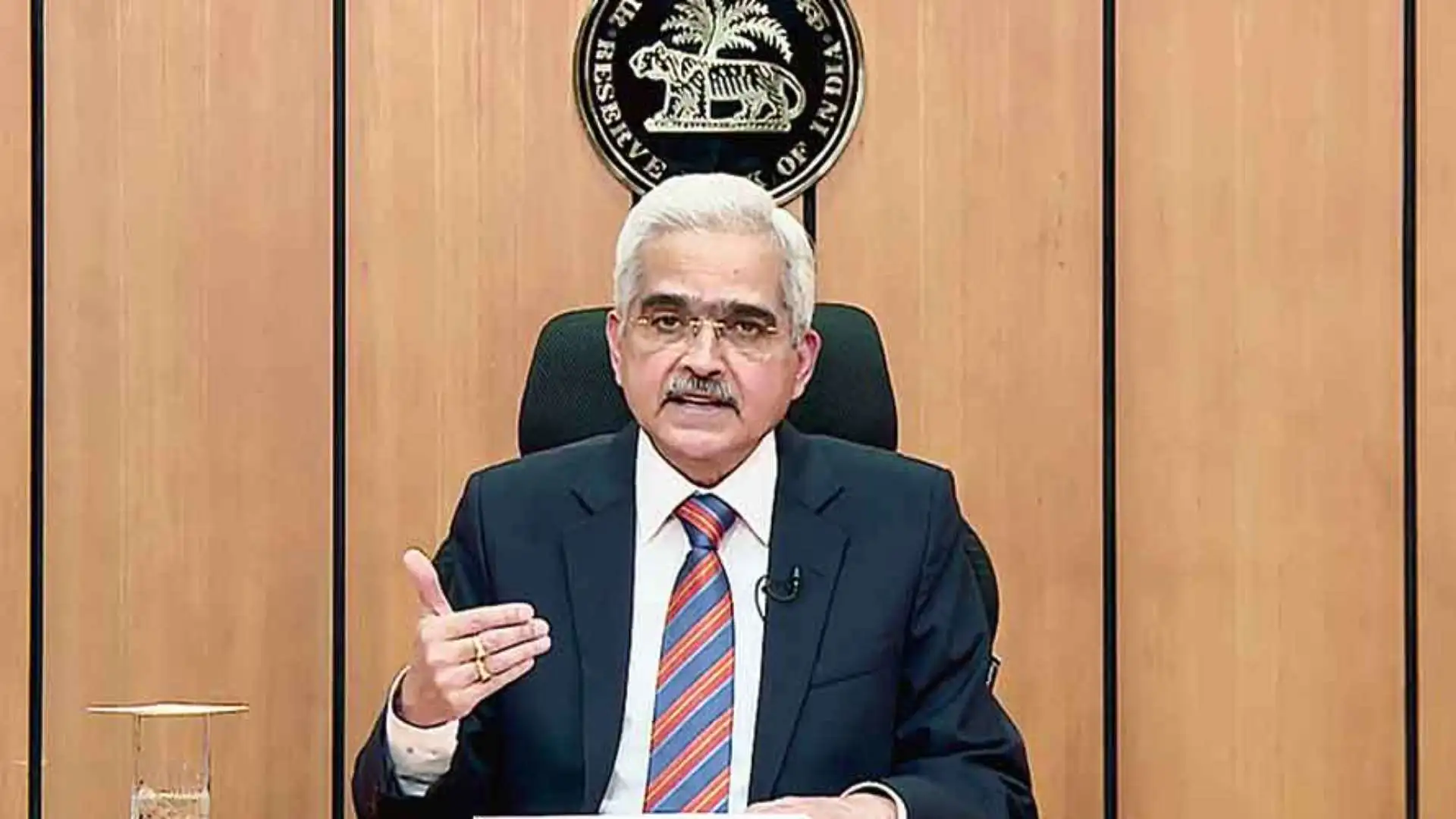On Saturday, RBI Governor Shaktikanta Das revealed that India’s GDP growth for the first quarter of the fiscal year fell short of expectations. The growth rate for April-June was recorded at 6.7%, a decline from 8.2% during the same period last fiscal year and below the Reserve Bank of India’s (RBI) projection of 7.1%.
Das attributed the lower growth to two main factors: a slowdown in the agriculture sector and reduced government spending. The decline in government expenditure, influenced by the general elections and the enforcement of the model code of conduct between April and June, significantly impacted economic performance.
Despite the overall dip in GDP growth, Das noted positive developments in several key areas. Consumption, investment, manufacturing, services, and construction sectors each registered growth rates exceeding 7%. These sectors continue to drive economic activity and contribute to the nation’s growth prospects.
The first quarter’s growth of 6.7% is the lowest in 15 months, with the previous low recorded at 6.2% for January-March 2023. The agriculture sector, in particular, saw only a marginal growth rate of around 2% during this period. However, Das expressed optimism about the sector’s future, citing favorable monsoon conditions and promising crop sowing outlooks.
Looking ahead, Das is confident that the country can achieve the projected annual growth rate of 7.2% given the positive trends in agriculture and other key economic sectors. He also addressed concerns about financial oversight, announcing that commercial banks and non-banking financial companies will now require RBI approval to change their auditors. This measure aims to prevent undue pressure on auditors and ensure transparency.
Regarding interest rates, Das mentioned that any potential cuts will be decided by the monetary policy committee. He emphasized that the RBI’s focus remains on maintaining an inflation rate of around 4% and ensuring economic stability, which he believes will support overall economic growth.
In summary, while the first quarter of the fiscal year showed slower-than-expected growth, the RBI is taking steps to address underlying issues and support continued economic development.
Also Read: Indian Markets May Experience September Volatility As Experts Anticipate Fed Rate Cuts




